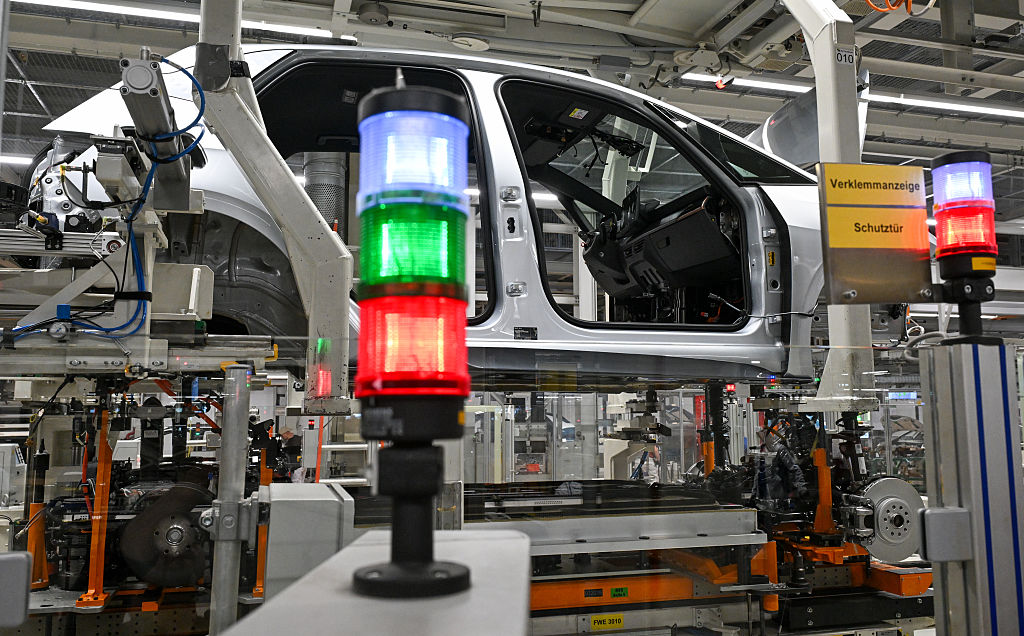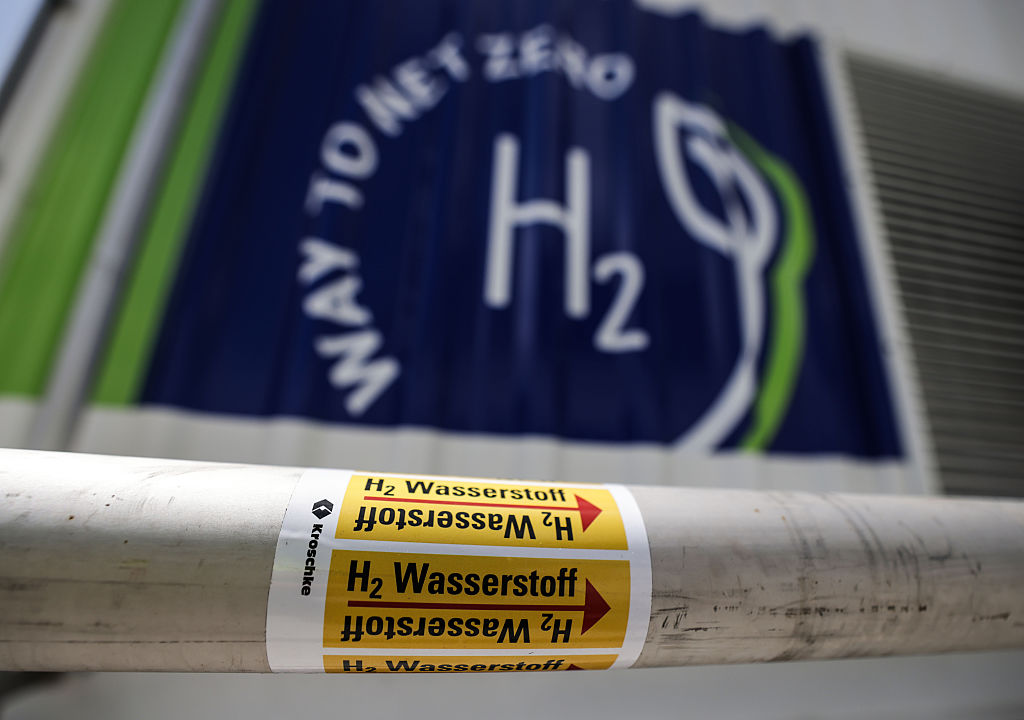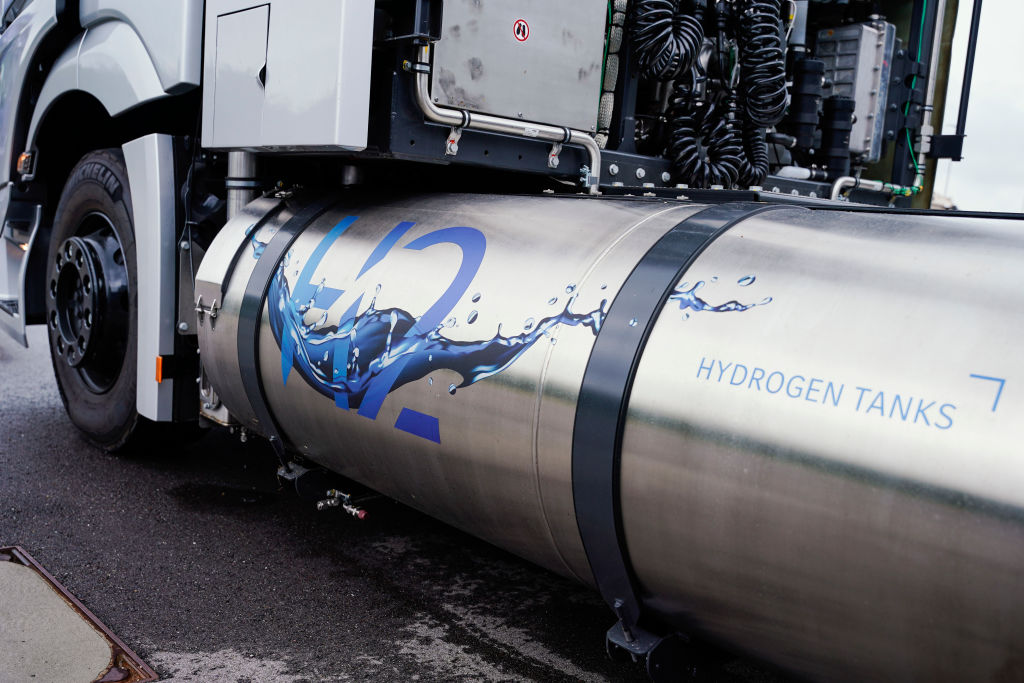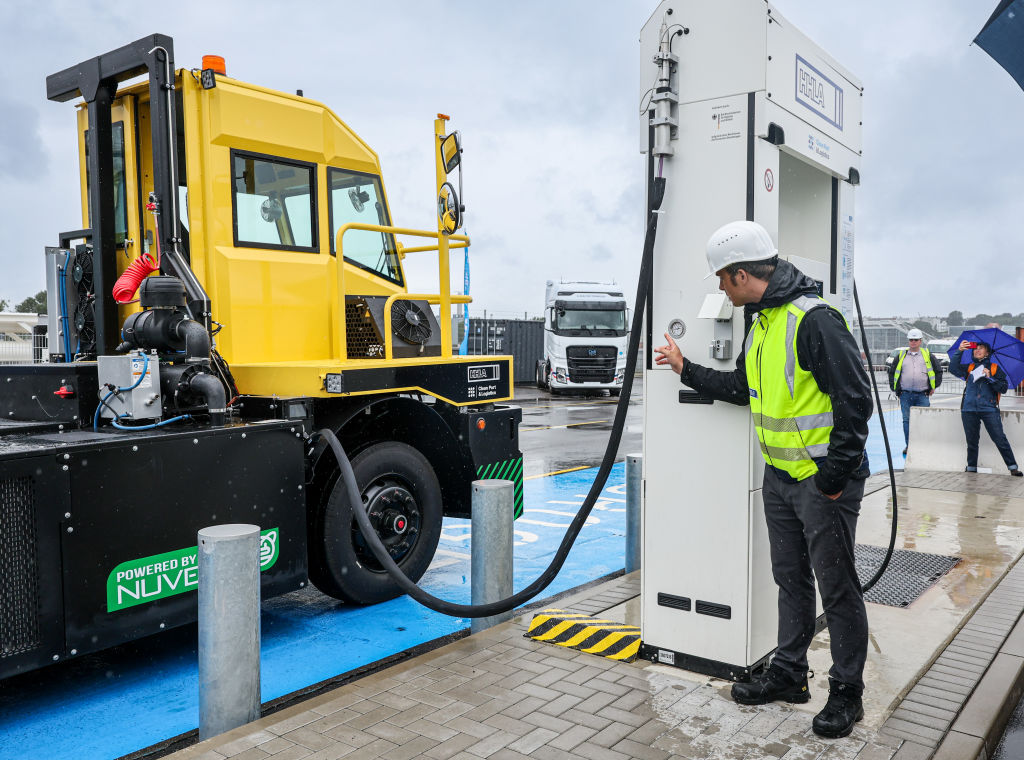INTERVIEW: Give up on hydrogen and you hand the technology to China, says BMW
Jürgen Guldner, BMW’s hydrogen technology programme manager, tells Euractiv why he believes Europe shouldn’t give up on the technology just yet
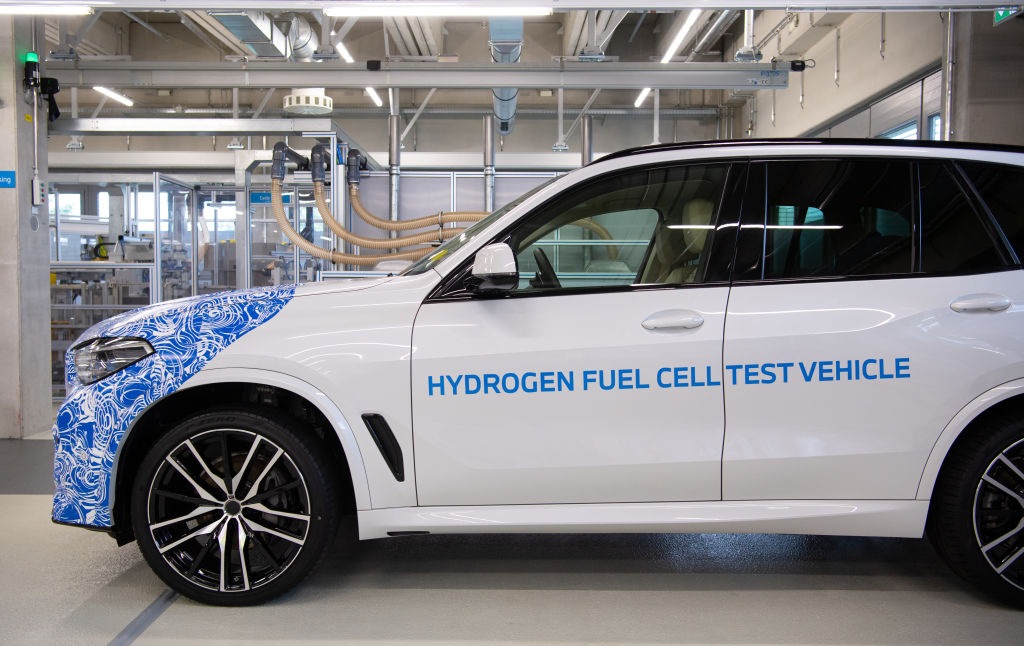
Policymakers should better recognise the importance of hydrogen-powered transport mobility, or Europe risks losing ground to China and other producers, an executive from German automotive giant BMW told Euractiv.
Jürgen Guldner, hydrogen technology programme manager at the Munich-based firm, spoke to Euractiv on Monday. “A lot of the components that the supplier industry, for example, is doing today for combustion engines can be easily transferred to hydrogen,” he said.
Guldner argued that European companies have already invested in hydrogen technology and are ready to expand operations. “But if the scaling doesn’t happen, then this technology at some point might not be here in Europe anymore,” he said.
“That really is, to me, the biggest risk at the moment,” Guldner said.
Japanese carmakers Toyota and Honda, and South Korea’s Hyundai, are in the race. But China, already the global leader in solar panels, electric cars and critical raw materials production, is the competitor that Brussels would do well to watch, Guldner reckons.
“China, from what we see, [has] already … started to scale up,” he said, warning that this could quickly lead to cost reductions that would give them an advantage in the race to develop marketable hydrogen-powered cars.
“Let’s say the window of opportunity is closing, and it’s closing fast,” he said.
Conflicting goals
BMW is part of an “Global Hydrogen Mobility Alliance” of enterprises urging the EU not to bet solely on electric vehicles. They argue that developing hydrogen in parallel could save hundreds of billions in infrastructure investments and reduce the the need to import critical minerals and other battery components.
But with sales of hydrogen fuel-cell vehicles and the deployment of refuelling infrastructure proceeding at a snail’s pace in Europe, the alliance recently said Europe cannot afford to wait for the production of renewable ‘green’ hydrogen production to get off the ground.
To stimulate the market, the use of hydrogen produced from fossil fuels – a process which produces huge volumes of CO2 – should also be encouraged in the short term, they say.
Guldner defended that approach, even if the temporary switch to dirty hydrogen would cancel out the main argument in favour of the transition, which is cutting emissions and dependence on fossil fuels.
“The main message here is that we should decouple the rollout of hydrogen in mobility, meaning the ramp up of hydrogen vehicles, and the greening of the hydrogen production,” the BMW executive said. After all, Europe has done the same with battery cars running on electricity partially produced with coal and gas, he said.
But not everyone in the automotive industry is confident that hydrogen-powered vehicles will be a viable alternative to electric models any time soon.
One of Europe’s biggest producers, Stellantis, recently abandoned its programme to develop hydrogen vans, saying that the market has “no prospects of mid-term economic sustainability”.
BMW, by contrast, is preparing for the launch of a hydrogen-powered SUV in 2028 by putting the technology in place in case customers develop an interest.
Having it both ways
While boosting its electric vehicle offering and developing its hydrogen SUV, however, BMW is among the majority of European carmakers lobbying hard against the EU mandate for all new vehicles sold after 2035 to be zero-emission models.
That deadline amounts to a de facto ban on petrol- and diesel-powered cars, and was designed with the clear intention of boosting investments in clean mobility on the one side, and making sure demand followed on the other.
But some still say the internal combustion engine has a future in Europe. “The message really is technology neutrality, and instead of banning one technology we should leverage all the technologies that are available to decarbonise,” Guldner said.
Many are concerned, however, that allowing the continued sale of conventional cars would lessen the incentive for carmakers, governments and European citizens to invest in clean mobility.
(rh)





